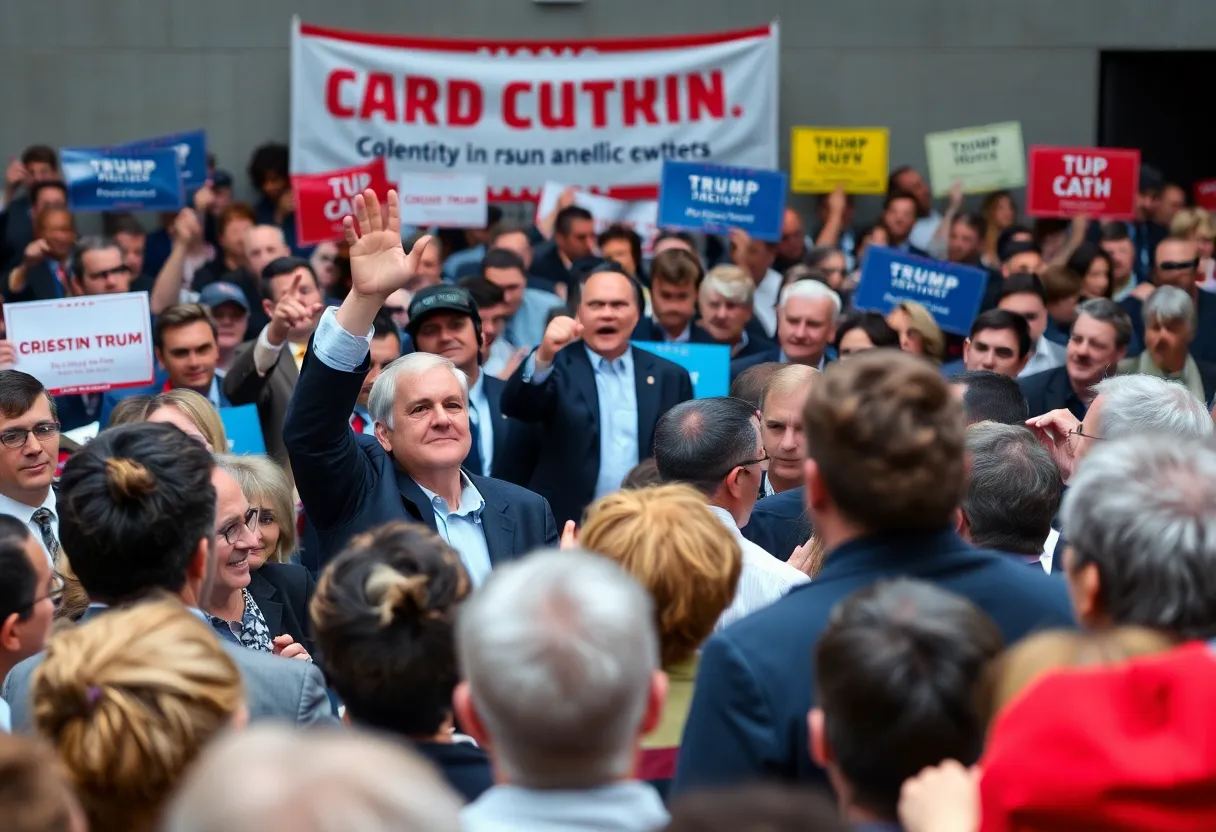

Audience Reaction to Controversial Gesture
Want to target the right audience? Sponsor our site and choose your specific industry to connect with a relevant audience.
Prominent brand mentions across targeted, industry-focused articles
High-visibility placements that speak directly to an engaged local audience
Guaranteed coverage that maximizes exposure and reinforces your brand presence
Interested in seeing what sponsored content looks like on our platform?
May’s Roofing & Contracting
Forwal Construction
NSC Clips
Real Internet Sales
Suited
Florida4Golf
Click the button below to sponsor our articles:
Sponsor Our ArticlesElon Musk ignited a political firestorm after a gesture at Donald Trump’s inauguration, which some interpreted as a Nazi salute. The backlash has prompted strong reactions from European political figures and community leaders concerned about the normalization of extreme ideologies. Amidst discussions about freedom of speech and social responsibility, Musk has responded to the accusations, further deepening the divide regarding his intentions. The incident raises significant questions about public accountability for gestures with historical resonance.
Elon Musk, the well-known billionaire entrepreneur, recently found himself in hot water after a seemingly innocuous gesture at Donald Trump’s inauguration led to heated discussions across Europe. What was meant to show solidarity quickly morphed into a storm of backlash, with some accusing Musk of performing an act reminiscent of a Nazi salute. This development has left many astonished and concerned about the implications of such gestures in today’s political landscape.
Musk’s arm-raising move, which involved pounding his fist against his chest and extending his right arm twice, ignited a fierce backlash, particularly from major political figures in Germany. Analysts and commentators tagged Musk’s actions as *malicious provocation*, raising alarms over potential solidarity with far-right groups. The outcry came swiftly, reminding everyone how delicate the balance is when discussing gestures that could evoke memories of one of history’s darkest chapters.
Prominent voices, including publicists and community leaders, voiced their disappointment. One influential publicist, a descendant of Holocaust survivors, labeled Musk’s gesture as *disgraceful* and expressed concern over the danger of normalizing such actions within society. This thought resonated with many who view Musk’s level of influence as a responsibility to steer conversations away from extremism.
The president of the Jewish community in Munich echoed this sentiment, describing Musk’s actions as *highly disconcerting*. Her worries extended beyond the gesture itself, touching on Musk’s political activities, particularly concerning his connections with the far-right political party Alternative für Deutschland (AfD). Such ties only deepen the fears regarding the normalization of dangerous ideologies.
Amidst the criticism, the German Chancellor stepped in, emphasizing that while freedom of speech is a treasured right, it should not offer support for extreme right ideologies. He dismissed Musk’s alleged endorsements as *completely unacceptable* and called for calm discussions around the implications of such gestures. This plea for rational dialogue highlights the ongoing tension between free expression and social responsibility.
Faced with the backlash, Musk took to social media to respond. He derided those comparing his gesture to a Nazi salute, accusing them of indulging in *dirty tricks*. His dismissal of heavy accusations only magnified the divide among observers regarding his intent. **Was it a careless move or a deliberate provocation?**
In Germany, the implications of Musk’s actions could have legal consequences. A Berlin judge indicated that should malicious intent be established, Musk’s gesture could fall under scrutiny of the law. In Germany and several other European nations, the *Sieg Heil* salute is illegal, signifying the serious nature of such gestures. This raises vital questions about accountability in the context of public figures.
The debate didn’t stop there. The U.S. Anti-Defamation League argued that Musk’s expression was more of an *awkward gesture in enthusiasm* rather than a hate symbol. This viewpoint was shared by some who felt that critics were overreacting. Yet, Democratic politicians weighed in, condemning Musk’s actions and calling out imagery associated with historic extremism. The argument over whether Musk consciously intended to provoke or was simply caught up in the moment continues to swirl.
As this incident unfolds, it shines a light on larger discussions about the normalization of far-right rhetoric within political discourse. With reactions from far-right groups celebrating Musk’s actions, the implications of his gesture resonate far beyond a single event, leading to widespread conversations about the landscape of modern political engagement.
In conclusion, what started as a gesture of solidarity has opened up a Pandora’s box of debates on political symbolism, responsibility, and freedom of expression. The eyes of the world are on Musk now, eagerly waiting to see how this situation develops and what it means for the future of political communication.
News Summary Florida is under the grip of a record-breaking winter storm, resulting in unprecedented…
News Summary A propane gas explosion at a Florida City strip mall injured ten individuals…
News Summary Tallahassee braces for severe weather this week, with forecasts predicting tornadoes and heavy…
News Summary The Taproot Agency, founded in 2003, is set to celebrate its 20th anniversary…
News Summary Severe thunderstorms across the Southern Plains caused significant travel disruptions for millions during…
News Summary Charles Rangel, a celebrated figure in New York City politics and a champion…